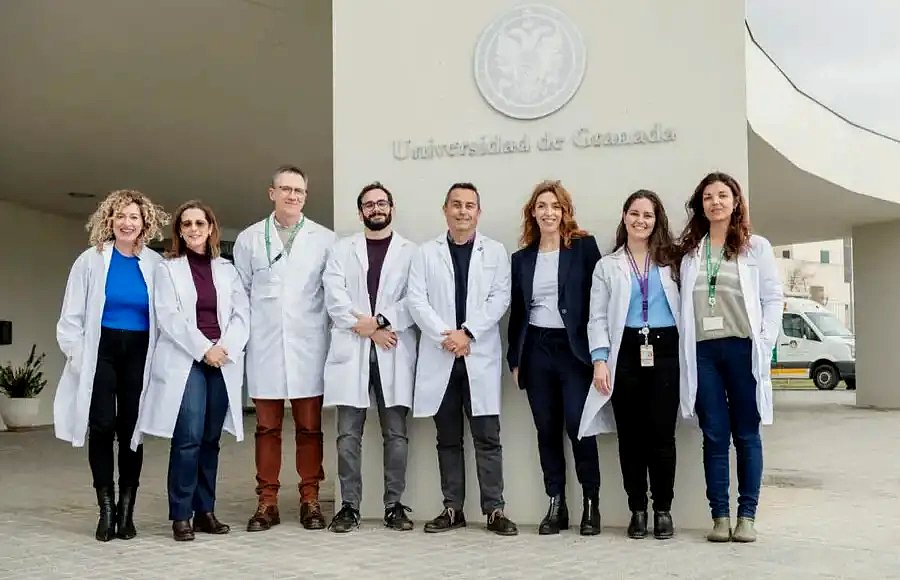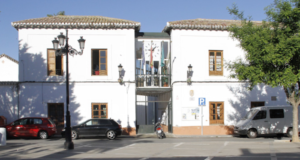Researchers from the UGR, in collaboration with the MEDINA Foundation, have developed a technique that could significantly improve the early detection of melanoma, the most aggressive type of skin cancer. The method involves analyzing the blood serum of patients with melanoma, with the intention of finding metabolites that could be used to diagnose this disease early. To do this, a technique called untargeted metabolomics has been used, comparing patients in different stages of melanoma and healthy individuals. Using this method, researchers were able to identify ten metabolites whose presence differed between both groups. The model has been validated in an independent sample of 12 patients, of which 100% were correctly identified. “The results are very promising and could have a significant impact on the survival of patients with melanoma,” said Juan Antonio Marchal Corrales, professor of the Department of Human Anatomy and Embryology at the UGR, leader of the study. “Early diagnosis is crucial for the successful treatment of melanoma , and this new method could allow us to identify the disease at an earlier stage, when it is easier to treat, thus reducing the mortality rate.”













